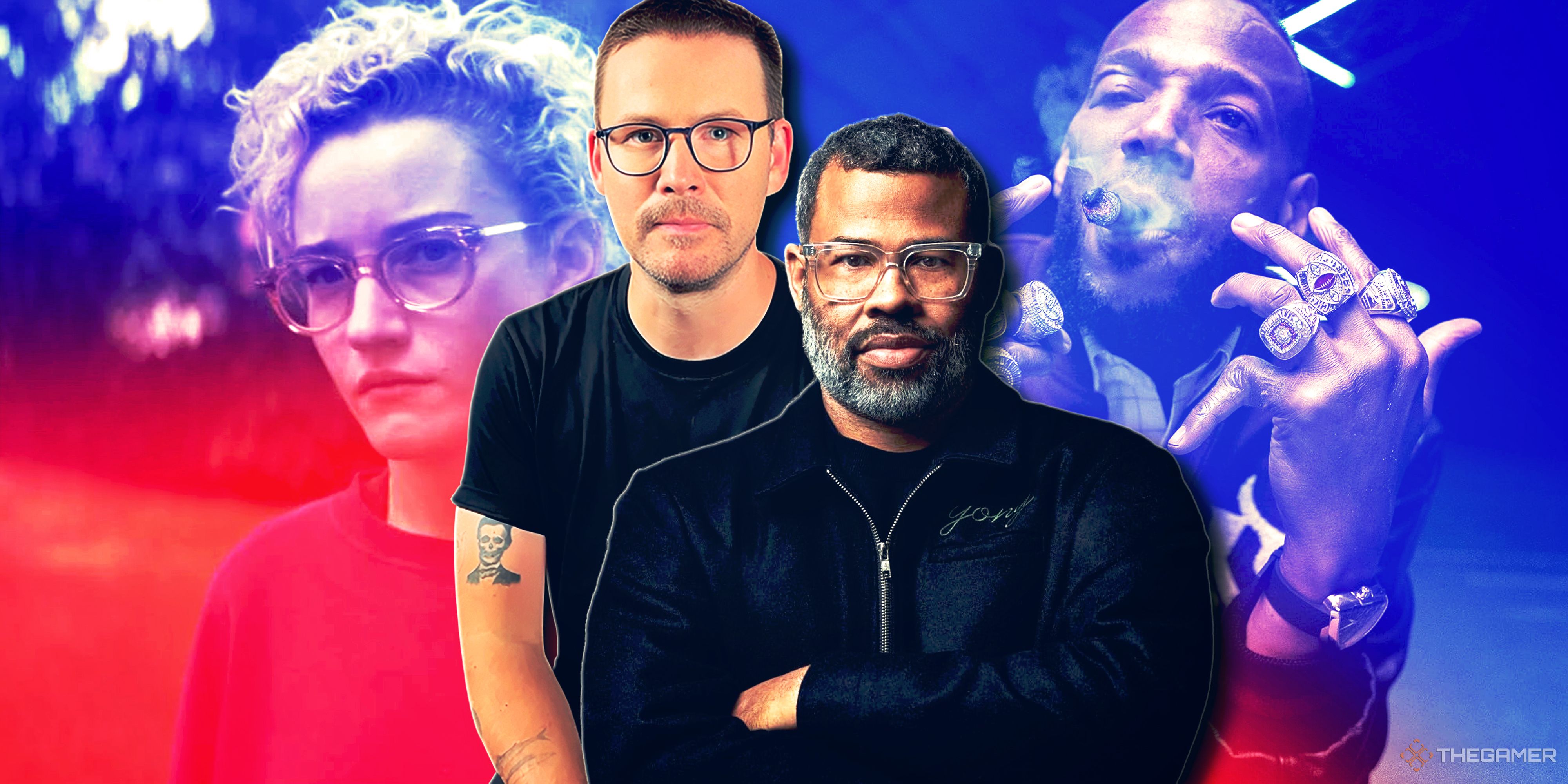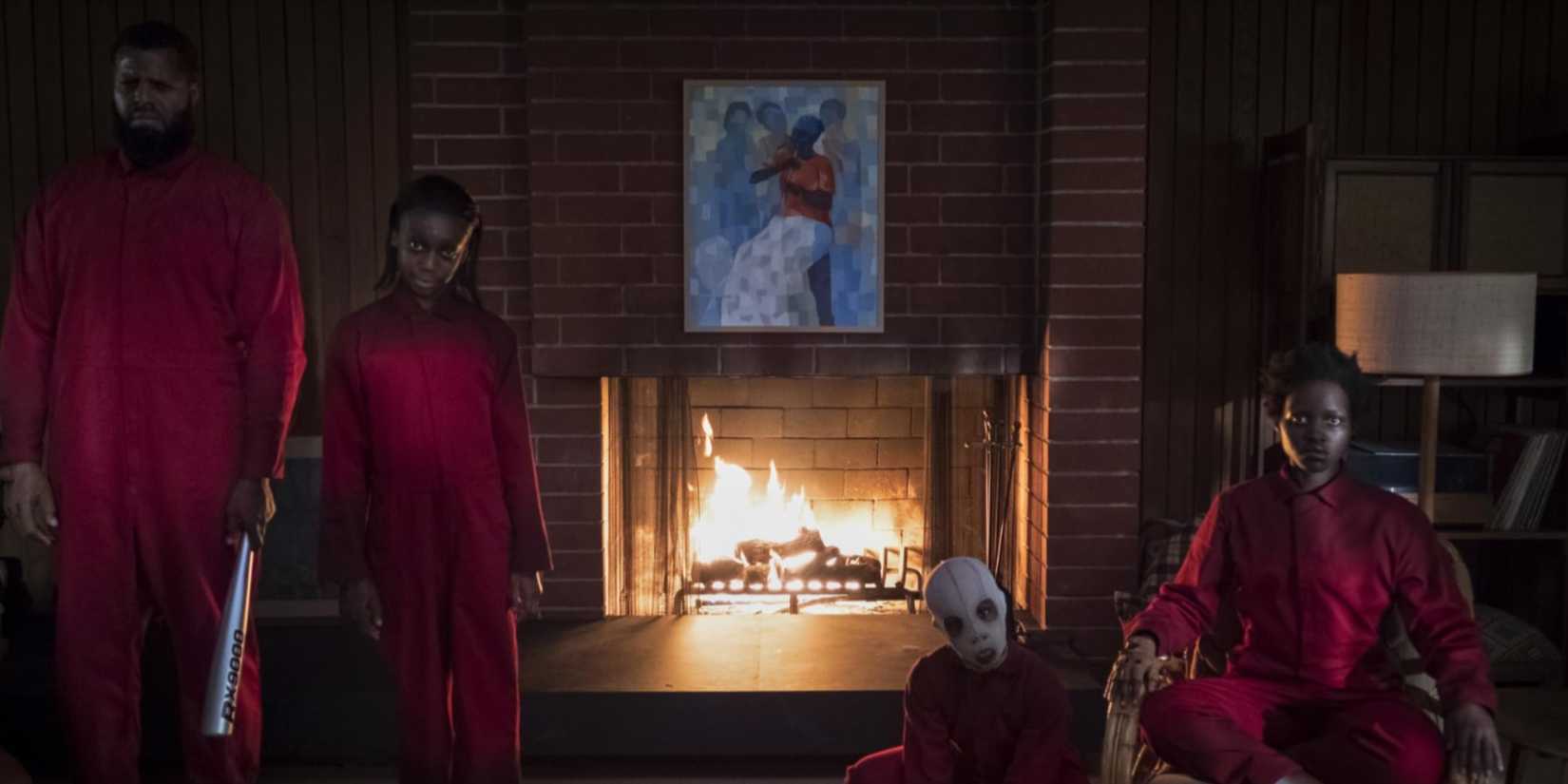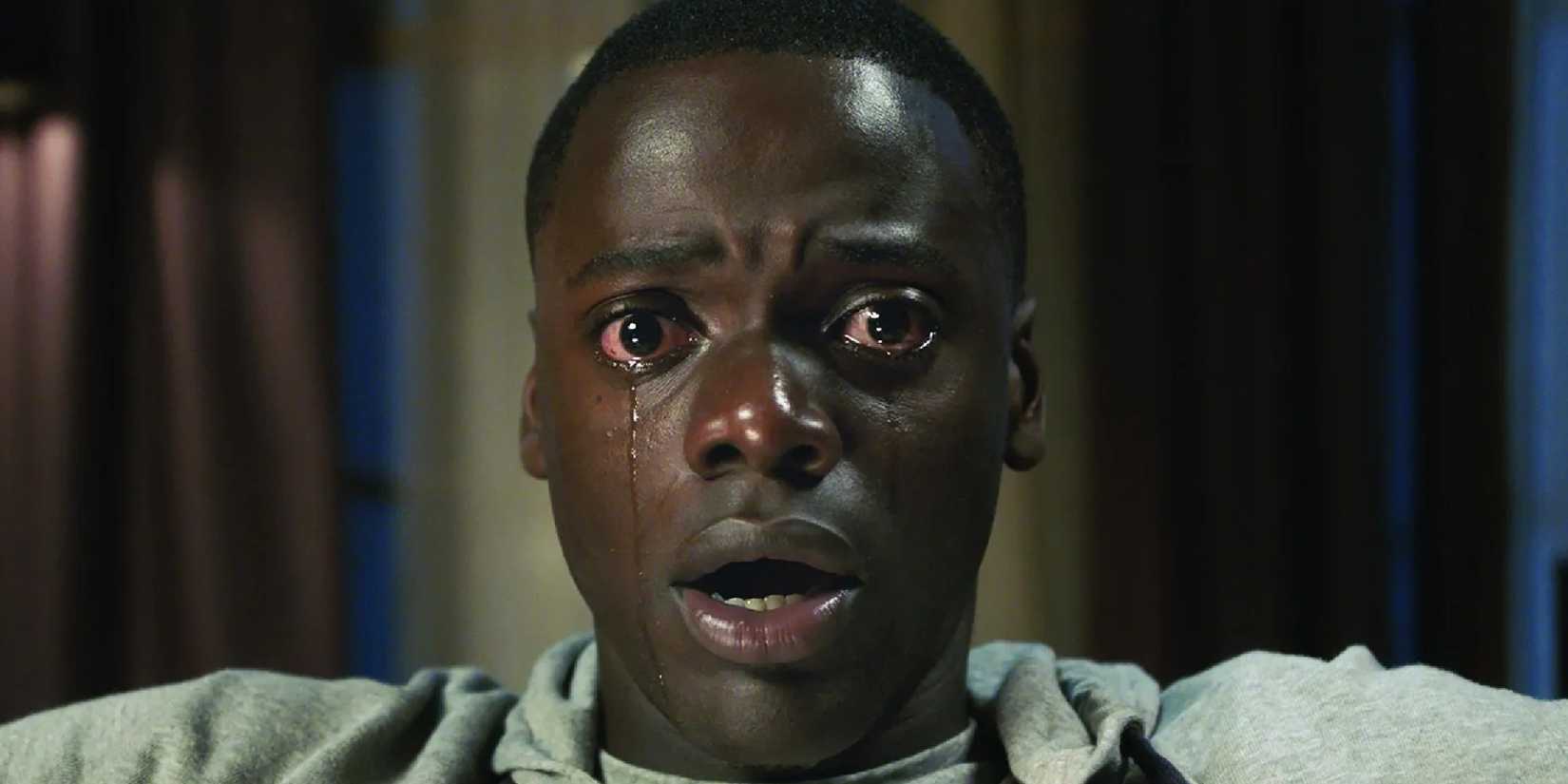As part of my undergraduate degree, I had to take a course on a subject every English major feels strongly about one way or the other: the works of William Shakespeare. My university split this legendary library of literature into two classes, with one focusing on tragedies like Hamlet and Macbeth, and the other on comedies like The Merchant of Venice and Much Ado About Nothing.
As a lifelong Shakespeare hater, I was disinterested but required to choose one if I wanted to graduate, so I opted for tragedies because it fit best into my schedule that semester. The professor was one of my favorites from a previous course, anyway, so I knew I’d at least get something out of it. And get something, I did – mostly the impression that the line between ‘comedy’ and ‘tragedy’ is very, very fine.
The Best Horror Comes When You Least Expect It
Comedy has always been something that united my family, with my dad, brother, and I all having an identical sense of humor. As such, I grew up watching a lot of comedy on television, including but not limited to shows like The Whitest Kids U’ Know or Key & Peele. This long after both shows debuted, we still quote them amply at one another in conversation – even without meaning to. They’re ingrained in our DNA at this point.
Names like Zach Cregger and Jordan Peele have long been familiar to me, but lately, I’ve been seeing them as directors on haunting horror hits instead. I remember being surprised when I heard who wrote and directed 2017’s Get Out, unsure of what to expect in terms of horror from someone whose comedy had me in stitches for years.
Peele balanced the core psychological elements of horror with expertly timed moments of comedic levity, and being made to laugh during tense thriller flicks always takes you by surprise. It usually gives you some pretty severe whiplash not long after, too, when the next scary something happens while your guard is down. You get it in Cregger’s films, too – those tiny moments of sunshine that make the dark moments seem darker in comparison.
In class, we learned that tragedy is defined by dark mysteries, clear antagonists with outwardly malicious intent, and a relatively grim fate. Comedies, on the other hand, have hallmarks like simple misunderstandings, lighthearted villainy, and generally positive resolutions.
If you think about it, though, aren’t each of those things essentially just the counterweight to the other?
How Comedians Use Timing And Nuance To Master Horror, Too
Both comedy and tragedy use cause and effect for their storytelling – something happens, and you make a noise about it, either a laugh or a scream. It’s the same wind up, pitch, and hopefully a home run play, no matter if you’re going for fright or delight. String the audience along, let them believe they know what’s coming next, and then suddenly subvert their expectations to shake them into a reaction.
Nuance is another requirement for good storytelling in both genres, too, since nobody really loves being beaten over the head with the theme of what they’re watching. You need to know when to bring it on and when to back it off in a way that applies equally to both comedy and horror when done correctly.
Timing is everything in both genres as well; ill-timed reveals can cause both jokes and scares alike to fall flat. You’d no sooner yelp about a jumpscare you saw coming long before it happened than you’d laugh at a joke with a glaringly obvious punchline; knowing how and when to surprise your audience is critical to mastering both horror and comedy.
Finally, balance is a key component. Both genres can easily become overwhelming if you layer them on too thick. If your story is all scares or all laughs, you could lose the audience along the way as they become numb to what you’re serving them. Surprise is critical to both horror and comedy. Your tenth story beat won’t be as impactful as your first if you don’t let the audience relax every now and then.
Knowing how to bring something to the table effectively can also mean knowing how to take it away, and both Peele and Cregger are making names for themselves doing exactly that once again - just with horror this time now that they’re well-established as comedians. But there’s a Whitest Kids tone in 2022's Barbarian when AJ’s agent keeps telling him to calm down on the phone, just as there was a Key & Peele flavor to Rose eating cereal and drinking the milk separately in Get Out. You’re allowed to laugh just long enough to feel comfortable before these directors deliver their next punch.
Comedy and tragedy have always been two sides of the very same coin. I’d have had more fun studying The Whitest Kids U’ Know or Key & Peele in college than I had hashing out Shakespearean plays line by line, sure, but maybe infamy comes with time? If that’s true, then I’m optimistic for both these comedians-turned-horror-producers: Shakespeare once said that “all the world’s a stage,” and storytellers like Cregger and Peele are still proving that today.








